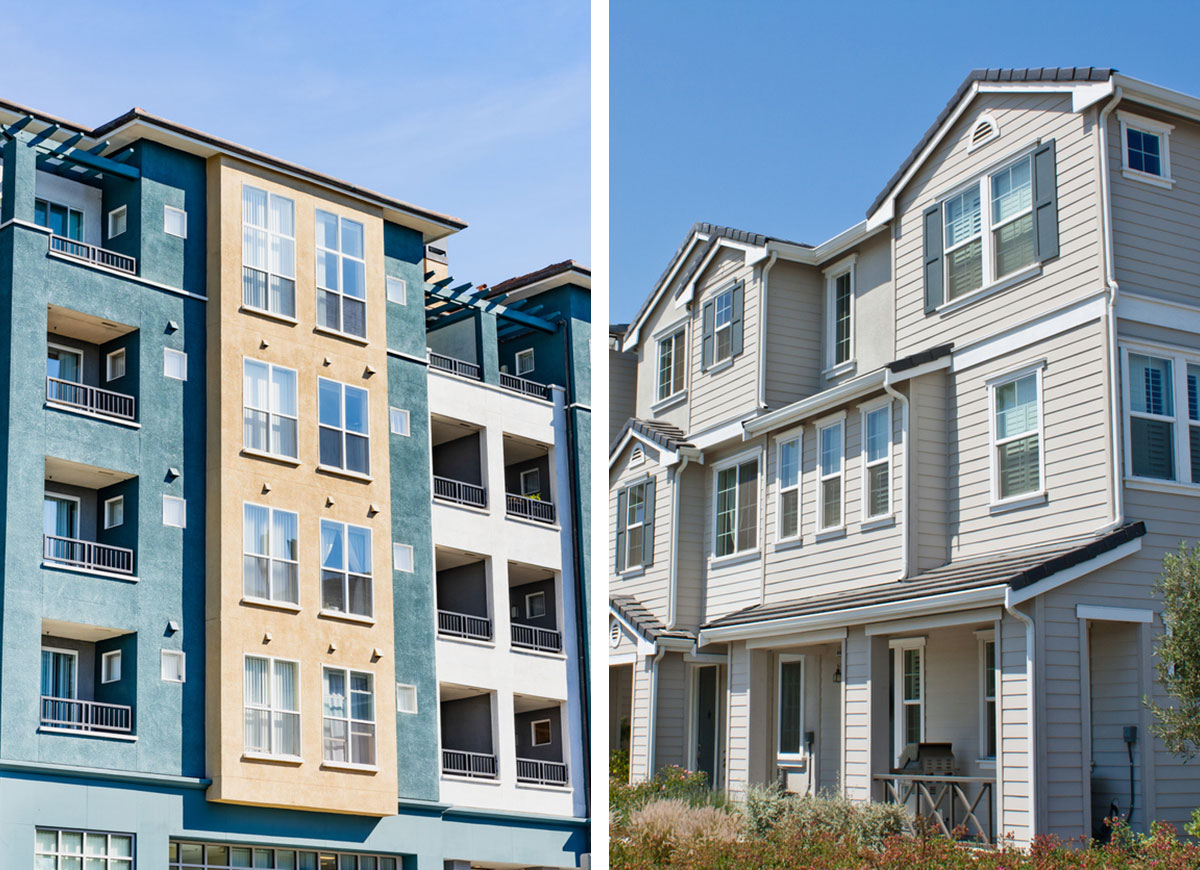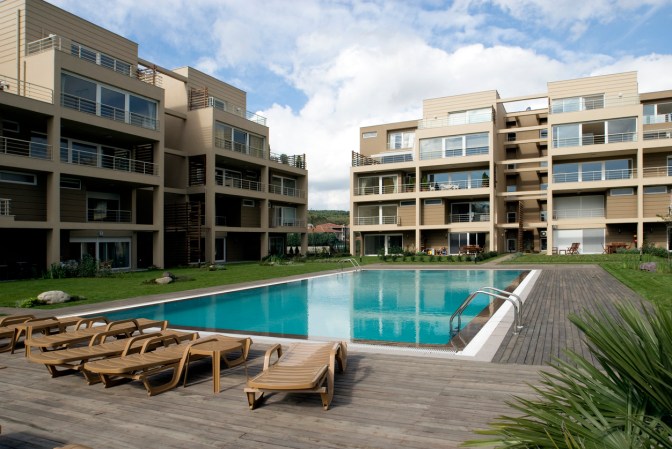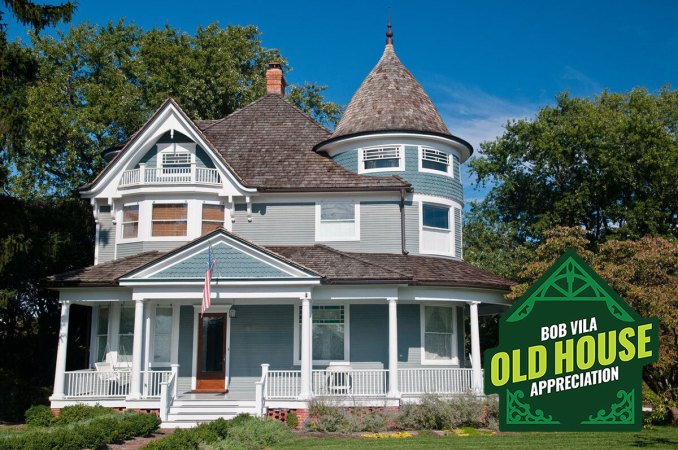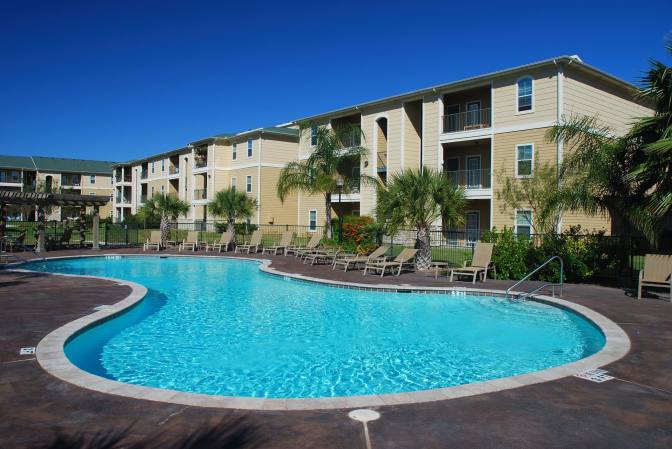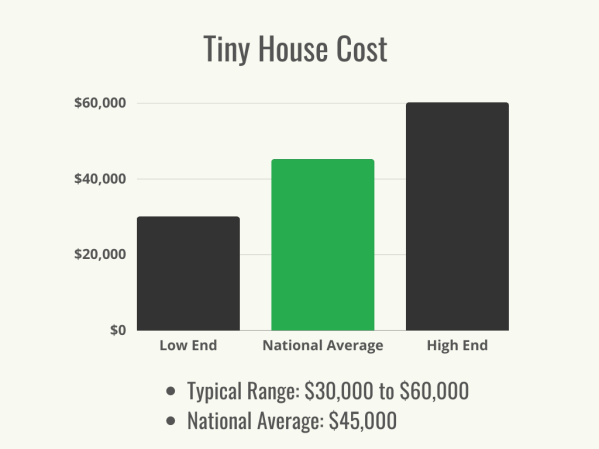We may earn revenue from the products available on this page and participate in affiliate programs. Learn More ›
Whether you’re looking to buy your first home or you’re ready to retire and downsize, you might be wondering whether a townhouse or a condo is right for you. If you’re not completely clear on the condo vs. townhouse difference, you’re not alone. Many people have questions about how these dwellings differ. Read on to identify some of the key condominium vs. townhouse differences to help you decide which type of home is right for you.
Townhouse ownership includes the structure and the land it sits on.
When you’re comparing a condo vs. a townhome, one key difference relates to the amount of property that you’ll own. Owning a townhouse is like owning a single-family home: Not only do you own the home itself, but you also own the land around the townhouse (though the exact amount of land that you own will vary based on the size of the lot). This means that you are responsible for maintaining the interior of your home, as well as the roof, siding, lawn, and other exterior features.
Unlike a single-family home where you own land on all four sides of your house, townhouse owners typically only own the land in the front and rear of their home, because there are usually other homes on the right and left sides of their home. If you purchase an end-unit townhouse, there will be land on three sides of your property. Piggyback townhouses, which share a back wall with another row of townhomes, will only have land in front of their property.
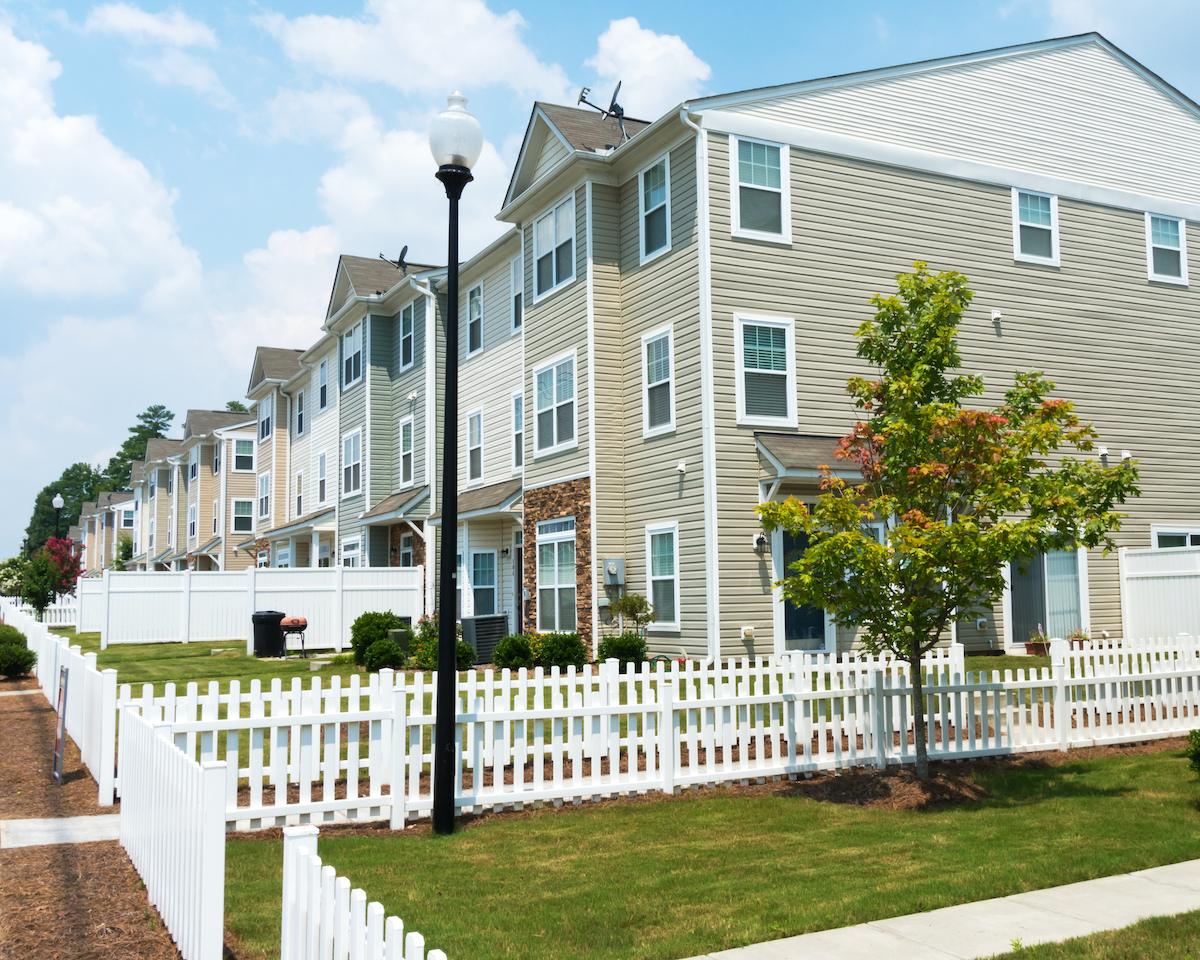
Condo ownership includes a single unit and a fraction of the building and its common areas.
Condo owners, on the other hand, own their single unit along with a portion of the rest of the common areas in the community. These common areas may include the shared outdoor grounds, pool, gym, and tennis courts.
While some people assume that all condos are apartment-style homes, this is not actually the case. Some condominium associations look just like townhomes, but owners follow the rules of a condominium, not a townhouse. One of the benefits of condos over townhouses is that you only have to pay to maintain the interior of your unit, and the homeowners association (HOA) fees that you pay cover exterior maintenance.

Both condos and townhouses are generally more affordable than detached single-family homes.
In most cases, the cost to purchase a townhouse or a condominium will be less expensive than the cost of a single-family home in the same area. Condos and townhouses typically have less square footage than a detached home, which is part of why they cost less to own.
The structure itself isn’t the only factor that impacts the cost of a home. Another reason most single-family homes are more expensive is that they are on larger lots. While townhouse owners have some yard, it is usually significantly smaller than the yard associated with most detached homes.
Condos tend to have more shared amenities and more of a community feel than townhomes.
One key difference between condos and townhouses has to do with the community’s amenities. While some townhouse communities offer a pool membership or even a few playgrounds or tennis courts, in nearly all cases you’ll find more shared amenities in a condominium. It’s common for condominium communities to offer pools, tennis courts, playgrounds, clubhouses, and even gyms that their members can access, all of which are included in their HOA fees.
Because of these shared amenities, some people find that living in a condo feels more like its own community. You’ll have more opportunities to interact with your neighbors and other members when you take advantage of the shared amenities.

Both townhomes and condos have homeowners associations, but fees are usually lower for townhomes.
Another important distinction between townhouses vs. condos relates to HOAs. Both types of properties usually have homeowners associations that collect payments from residents. However, one of the biggest downsides of buying a condo is that the HOA dues are typically a lot higher than the HOA dues for a townhouse.
However, when you consider the amenities that are included with a community, you may decide that the extra dues are worth it. If you don’t think you’ll take advantage of all the shared community areas that your dues help maintain, then the added cost of a condo may not be worth it for you.
Homeowners insurance and property taxes tend to be lower for condominiums than for townhomes.
Homeowners insurance policies for a condo are typically less expensive than policies for a townhouse. As mentioned above, condominium owners are only responsible for the interiors of their units. In the event of an insurance claim, damages are likely to be less compared to a townhouse, which could also experience exterior damages.
Additionally, property taxes for a townhome vs. condo are typically a bit higher. Property taxes are calculated using the assessed value of a home. The home’s square footage is a big factor in this calculation, but so, too, is the amount of land that you own. So, even if a townhouse and condo have a very similar square footage, it is likely that the condo’s property taxes will be lower, since a portion of the value belongs to the HOA.
One thing to keep in mind as you’re comparing homeowners insurance and property taxes for condos and townhouses is that even though, as a condo owner, you’ll generally pay less directly to your insurance company you’ll still be paying indirectly through your HOA dues to cover the insurance and taxes for the community.
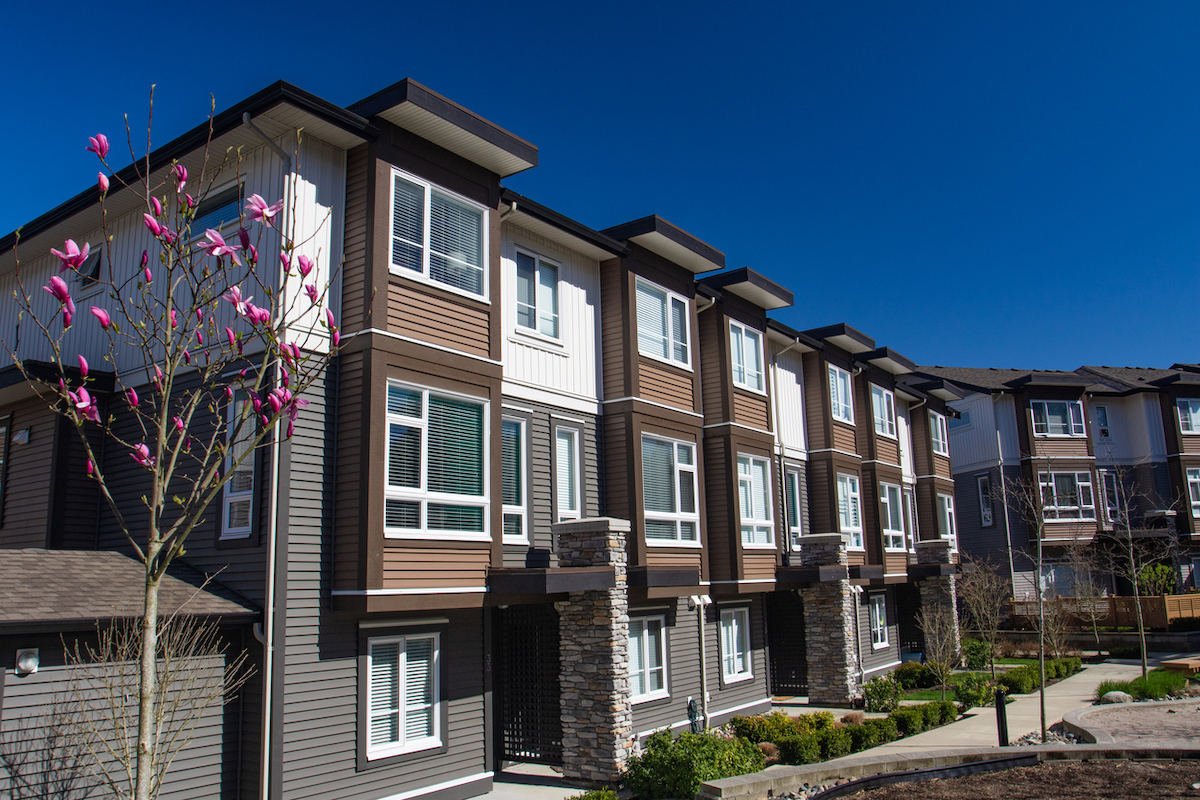
Townhouses and condos generally appreciate in value more slowly than detached, single-family homes.
As with nearly all property types, the longer you own your townhouse or condo, the more its value will appreciate. However, neither condos nor townhomes appreciate as quickly as a single-family detached home. One of the major reasons that detached homes appreciate more quickly is because they have so much more land than condos or townhouses.
If you’re looking for an investment property, or just planning ahead to the future when you’re ready to sell, there is a difference between townhouse and condo values depending on the current housing market. During a strong housing market, the value of a townhouse is likely to appreciate more quickly than that of a condo. However, this also means that when or if the market reverses, it can be more difficult to sell a townhouse. Condos, on the other hand, are more likely to maintain a consistent value. So, while they may not offer the returns that a townhouse would during a seller’s market, you’ll still be likely to at least recoup your investment if you sell when the housing market is slower.

